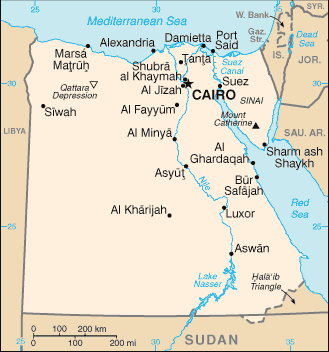The Food and Agriculture Organization (FAO) of the United Nations (UN) reported earlier the third human case of H9N2 avian influenza in a 7-year-old boy from the north African country.

The child presented with high fever and cough on Apr. 29 and tested positive fro the low-pathogenic avian influenza on May 7. In addition, he tested positive for influenza B, the 1st recorded human case of co-infection with H9 and flu B in Egypt.
The investigation by health authorities revealed a history of exposure to live bird market poultry. The boy was treated and discharged.
This is the 3rd case of H9N2 LPAI reported in humans in Egypt since January 2015. The other 2 cases were detected in 2015 in Aswan and Cairo Governorate.
Between 1998 and 1999, 10 human H9N2 virus infections occurred in China, and since the early 2000s, H9N2 subtype viruses have become widespread across Asia. H9N2 influenza strains have been associated occasionally with illness in children aged 9 months to 5 years in Hong Kong, with the latest occurring in December 2009. H9N2 infections in children appear to result in uncomplicated influenza-like illness, and are not associated with a known source. Patients recover, and additional cases do not occur.
Related: Egypt reports increased human H5N1 exposure, 165 cases in six months


One thought on “Egypt: 3rd human H9N2 avian influenza case reported this year”